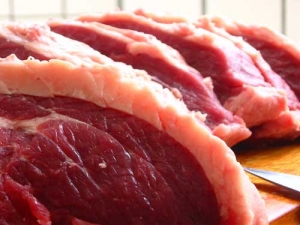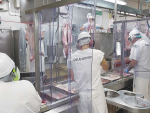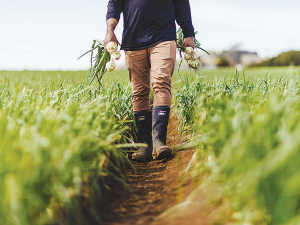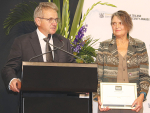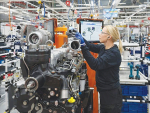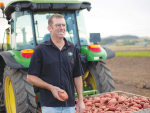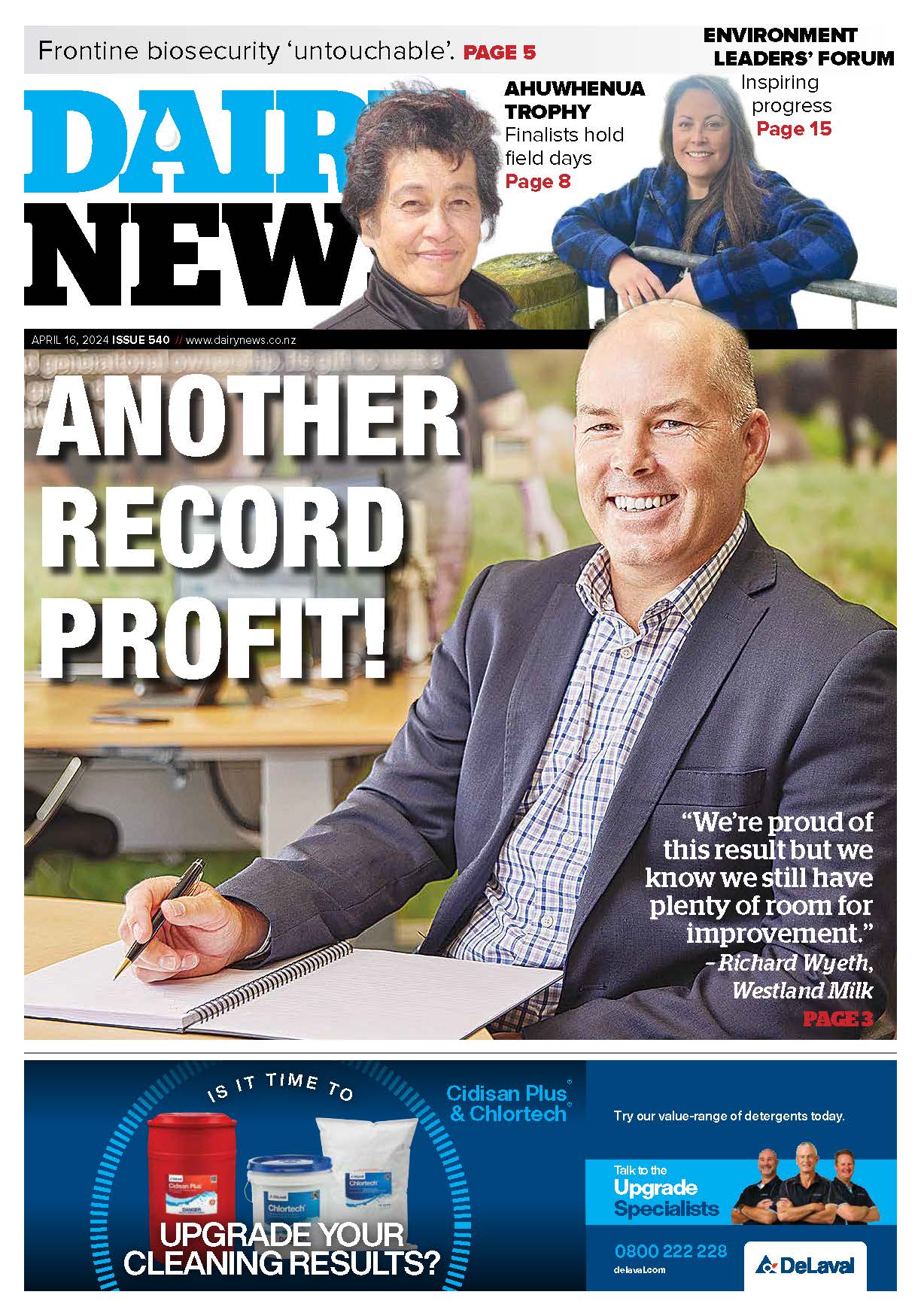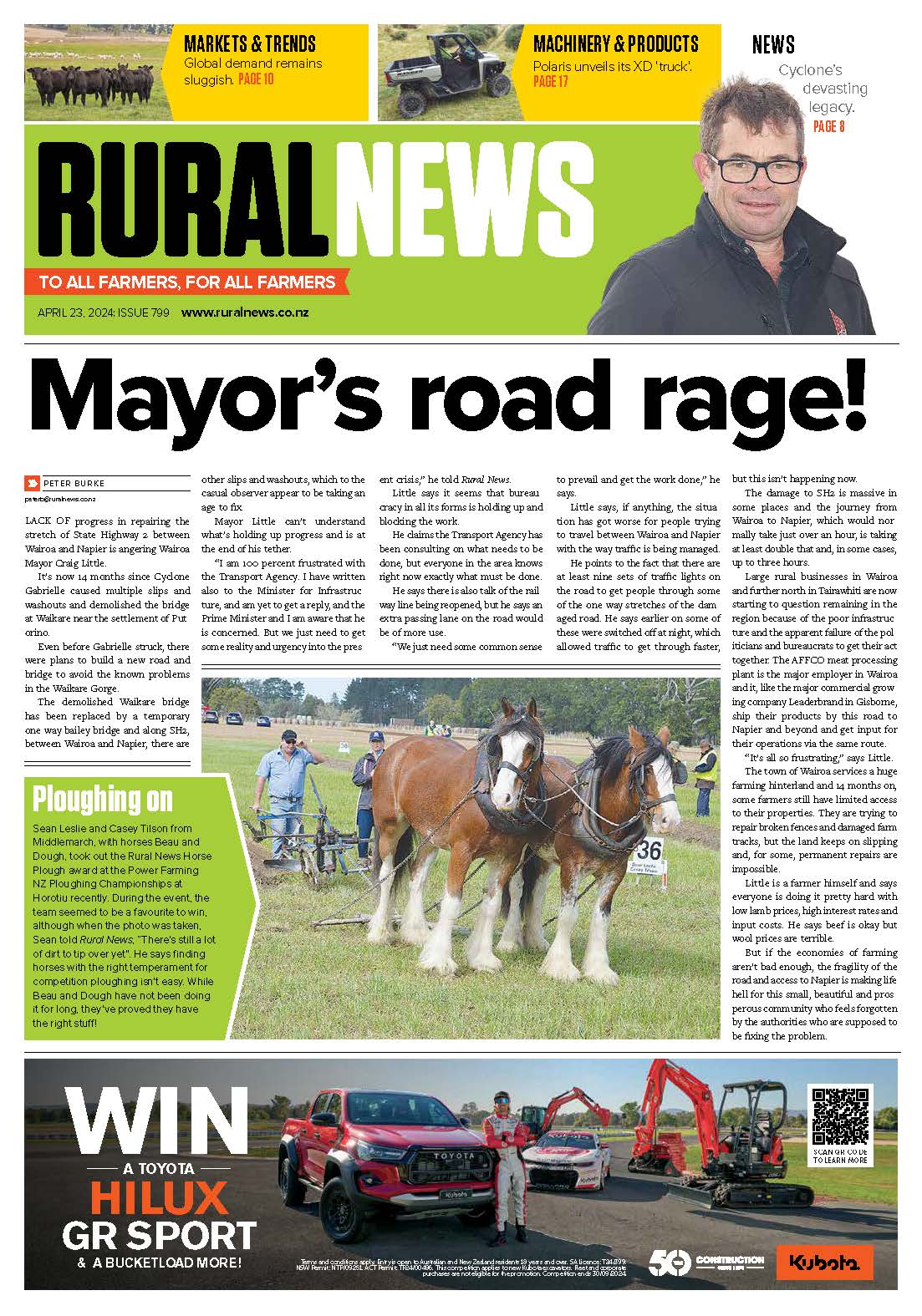Chinese scientists have signed a deal to set up a commercial animal cloning centre in the northern port city of Tianjin.
It will produce 100,000 beef cattle embryos initially, increasing to one million.
The plant in the Tianjin Economic and Technological Development Area (TEDA), a government-sponsored business development park, will also clone sniffer and pet dogs and racehorses. Its main building is now being built and is due to open in the first half of 2016.
Sinica, a subsidiary of Boyalife Group, which focuses on stem cell and regenerative medicine, signed the agreement with the TEDA this month.
Chinese farmers are struggling to produce enough beef cattle to meet market demand, said Xu Xiaochun, board chairman of Boyalife Group.
Scientists have cloned mice, cattle and other animals since the world's first cloned sheep, Dolly, was born on July 5, 1996 in Britain. Since 2000, Chinese scientists have cloned sheep, cattle and pigs.
China's first cloning company was set up in September 2014 in the eastern Shandong Province, first birthing three pure-blood Tibetan mastiff puppies. The firm is a joint venture between Boyalife and Sooam Biotech.
Until then cloning in China had been limited to scientific research.





